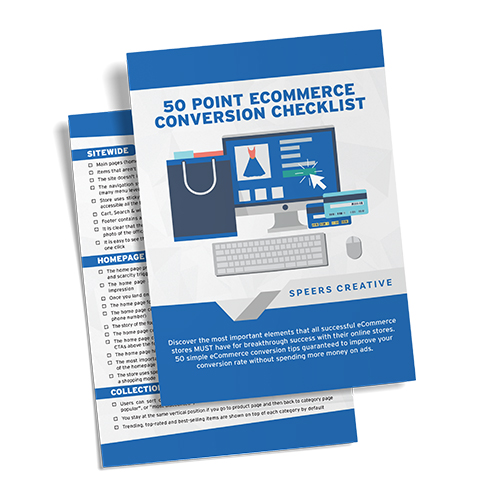Dominate the Search Engines: A Guide to Optimizing Your Ecommerce Website
Created On: March 28, 2023
Created By: SC-Developer

Optimizing your ecommerce website for search engines is crucial for increasing organic traffic, reaching new customers, and boosting sales. Here are some tips for optimizing your ecommerce website for search engines:
Conduct keyword research: Keyword research is the process of finding keywords that are relevant to your business and target audience. You can use keyword research tools to find keywords that are relevant to your products and services, and to identify opportunities for ranking higher in search engine results pages (SERPs).
Optimize your website structure: A well-structured website makes it easier for search engines to crawl and index your site, and can improve your search engine rankings. Make sure that your website has a clear and logical structure, with a hierarchy of categories and sub-categories that makes it easy for users and search engines to navigate.
Use descriptive, keyword-rich product titles and descriptions: Product titles and descriptions are critical for optimizing your ecommerce site for search engines. Make sure that your product titles and descriptions are descriptive, keyword-rich, and accurately reflect the content of your products.
Optimize your images: Images are an important part of your ecommerce site, but they can also slow down your site and hurt your search engine rankings. Optimize your images by using descriptive and keyword-rich file names, compressing your images to reduce file sizes, and using alt tags to describe your images to search engines.
Create high-quality, keyword-rich content: High-quality, keyword-rich content is critical for improving your search engine rankings and driving organic traffic to your ecommerce site. Create blog posts, guides, and other types of content that provide value to your target audience, and use keywords strategically to rank higher in search engine results pages.
Build quality backlinks: Backlinks are links from other websites to your ecommerce site. Backlinks are an important factor in determining your search engine rankings, and can help you reach new customers and drive traffic to your site. Focus on building high-quality backlinks from relevant and authoritative websites, and avoid link building practices that can harm your search engine rankings.
Monitor your analytics: Monitoring your analytics is critical for understanding the effectiveness of your ecommerce website and optimizing it for search engines. Use tools such as Google Analytics to track your website traffic, monitor your search engine rankings, and identify areas for improvement.
In conclusion, optimizing your ecommerce website for search engines is an important part of building a successful online business. By conducting keyword research, optimizing your website structure, using descriptive and keyword-rich product titles and descriptions, optimizing your images, creating high-quality, keyword-rich content, building quality backlinks, and monitoring your analytics, you can improve your search engine rankings, reach new customers, and drive more sales for your ecommerce business.
Thanks for reading this article! We hope you’ve found the information helpful and can use what you’ve learned to maximize your online sales potential. If you’re truly serious about drastically increasing the number new sales each month, then we have excellent news. For a limited time only, we’re offering complimentary, no-obligation strategy sessions with one of our in house eCommerce experts.
During your 30-minute session, we’ll discuss your current situation, what your goals are and how we can help you achieve them using our proven eCommerce system.
To claim your free consultation or find out more information about this limited- time offer, all you have to do is click here.
Sc Inside Tips
Subscribe to the SC Insider Newsletter and get real eComm marketing tips and optimization tactics that we use every day inside our agency, all yours completely FREE...


